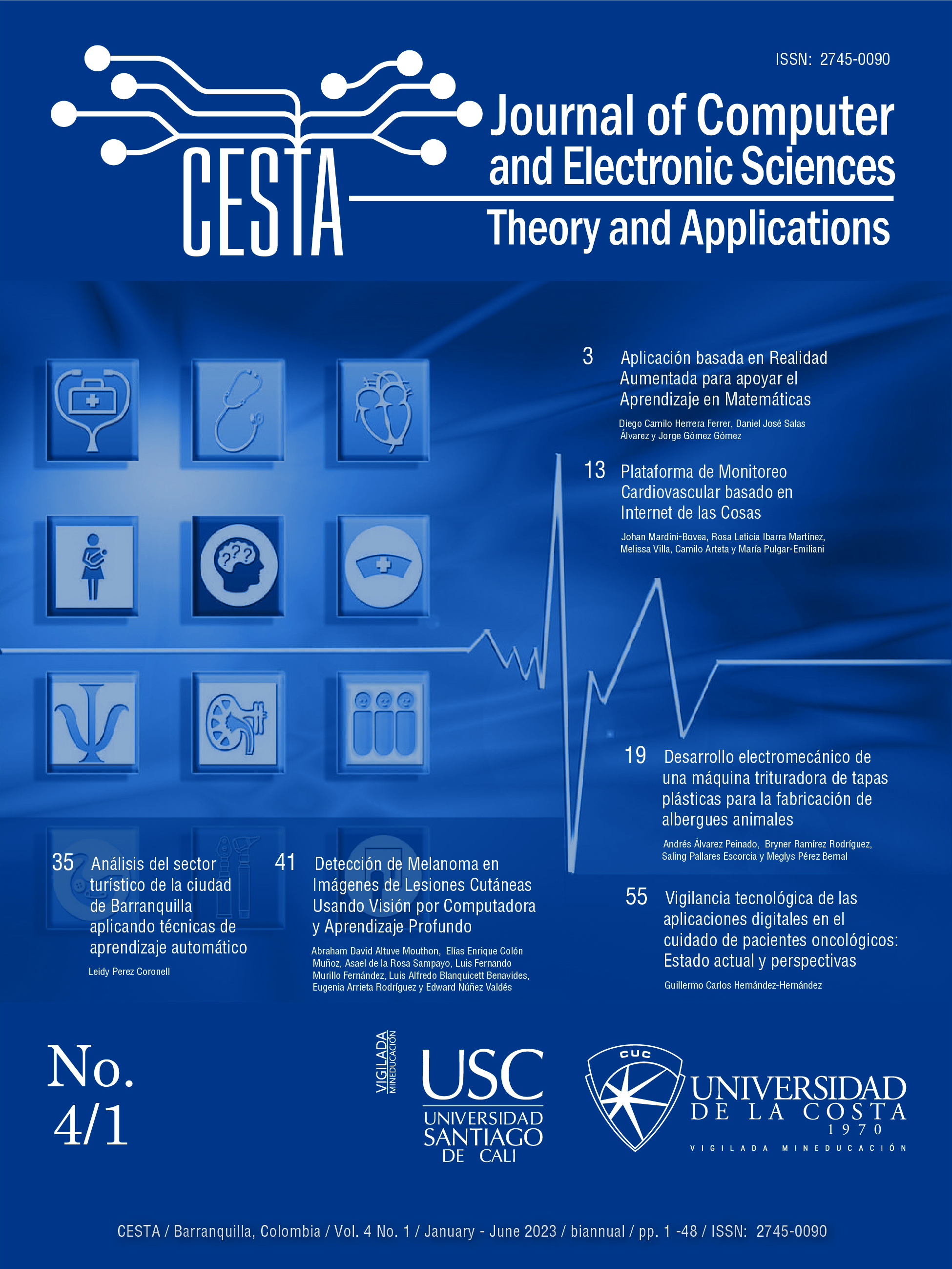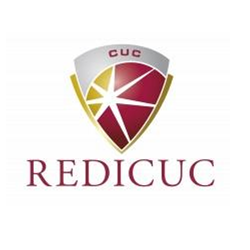Application Based on Augmented Reality to Support the Learning in Mathematics
DOI:
https://doi.org/10.17981/cesta.04.01.2023.01Abstract
The teaching-learning process of mathematics is of increasing theoretical and methodological complexity that, due to the rigor of all the concepts, theories, and theorems, make it a subject that many students find difficult and unattractive, so it is necessary to rethink the role of the teacher and student towards the teaching of mathematics. The purpose of this research work was to implement an application based on Augmented Reality (AR) to improve the academic performance of second grade elementary school students in mathematics. This research responds to a quantitative study under a quasi-experimental design. Whose methodological process responds firstly to the application of a diagnostic test (pretest) with the intention of identifying the level of students in terms of the mathematical code, and from there continue with the insertion of Augmented Reality in the classroom. Then, the research continues with the appropriation of the application developed by the students and the teacher in charge, to continue with the application of the activities for the experimental group (second grade A) and the control group (Second grade B). The results achieved point out the significant impact that the implementation of Augmented Reality (AR) had, since the students and the teacher's acceptance was obtained, determining the influence of Augmented Reality on learning, reflected in the students' ability to understand mathematical code in a fun and animated way.
The students who used the developed application overcame the deficiencies related to basic mathematical operations, developing cognitive skills that contributed to the successful performance from the implementation of Augmented Reality.
Downloads
Published
How to Cite
Issue
Section
License
Copyright (c) 2023 Jorge Gomez Gomez, Diego Herrera Ferrer, Daniel Salas Alvarez, Byron Oviedo

This work is licensed under a Creative Commons Attribution-NonCommercial-NoDerivatives 4.0 International License.
Los artículos publicados son de exclusiva responsabilidad de sus autores y no reflejan necesariamente las opiniones del comité editorial.
La Revista CESTA respeta los derechos morales de sus autores, los cuales ceden al comité editorial los derechos patrimoniales del material publicado. A su vez, los autores informan que el presente trabajo es inédito y no ha sido publicado anteriormente.
Todos los artículos están bajo una Licencia Creative Commons Atribución-NoComercial-SinDerivadas 4.0 Internacional.



 English
English
 Español (España)
Español (España)






